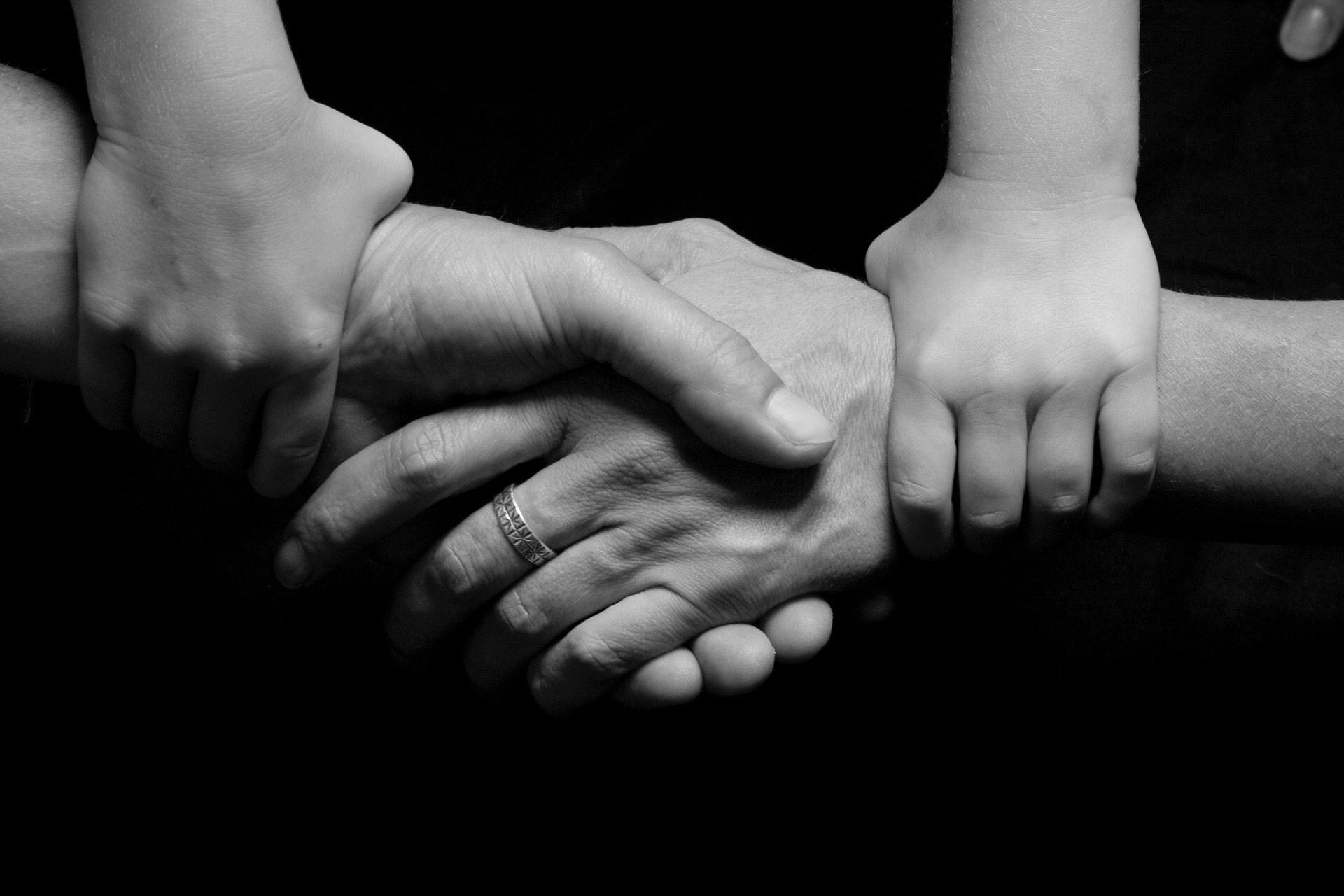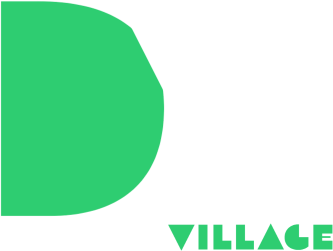
Pregnancy and parenthood already bring a whole host of challenges, and they might feel insurmountable to parents who have a disability. But research has shown that disabled parents feel greater levels of satisfaction at overcoming their personal limitations, especially after the births of their children.
Parenting with a disability does present some unique conundrums, and preparing ahead of time will let you focus your energy where it belongs — on your newest family member.
Prep Yourself
If you’re pregnant and have a disability that could interfere with a successful pregnancy, schedule a visit with your ob-gyn. Make sure you discuss:
- How your disability or medical condition might affect your growing baby as well as your own health.
- What medical tests might be required initially and throughout your pregnancy.
- How you’d like to approach the birth of your child. You’ll probably create plans A, B, and C — just like any expectant mother.
Prep Your Home
Being a parent does come with its share of trial and error, but there are a few things you can do before you’re home from the hospital with your newborn to smooth the transition and remove some of the worry:
- Install and/or test smoke and carbon monoxide detectors on each floor.
- Buy a fire extinguisher and store it in an easily accessible place.
- Store all medications securely out of sight and out of reach.
- Prepare and freeze meals that you can defrost and heat up when you don’t feel like cooking.
- Think about your physical limitations when you’re planning where to put your baby’s crib. It may be easier to have the crib next to your bed for less stressful nighttime feedings and diaper changes.
Adaptive Baby Gear
Babies require lots of equipment. If you’re vision-impaired, use tactile labels for items so they’re easy to identify. If you struggle with zippers or buttons, choose baby clothing that fastens with snaps or velcro.
If you use a wheelchair, purchase a wheelchair-accessible crib that operates via remote control. Bonus: These cribs also work well for dressing a baby and changing diapers. Adaptive strollers for wheelchairs make it easier for parents with mobility issues to tote babies from their homes to their cars and to get around town.
Slings and wraps help you keep your baby close while keeping your hands free. With ring slings, wraps, and other structured carriers, there are plenty of options.
If you’re looking for more ideas, Through the Looking Glass provides exceptional resources for parents with disabilities.
Saving for IVF Treatments
According to the Centers for Disease Control and Prevention’s National Survey of Family Growth, 6.9% of women — including those with physical disabilities — received some kind of fertility treatment between 2011 and 2015. That’s over 8 million women who undertook an emotional, expensive journey without the guarantee of a happy ending.
The majority of IVF patients assume financial responsibility for their treatments, although some insurances may cover a portion of the costs.
Unless you’re one of the lucky few whose insurance does cover treatments, you’ll likely need another plan. Financing options include:
- Fertility, credit union, and online personal loans
- Health savings accounts (HSAs) or flexible spending accounts (FSAs)
- Shared-risk or IVF refund programs, which help to recoup at least some of your costs if the treatments aren’t successful. Learn more about these programs here.
- Borrow cash from a home equity loan, retirement funds, or relatives. Do consider those financing options carefully.
Wherever you are in your parenthood journey, create a support network. Don’t hesitate to reach out and make connections. Friends, family, community organizations, and social services are valuable resources. Join online communities or support groups for other disabled parents. But most of all, enjoy the wild and crazy ride!
Picture Credit: Pexels
